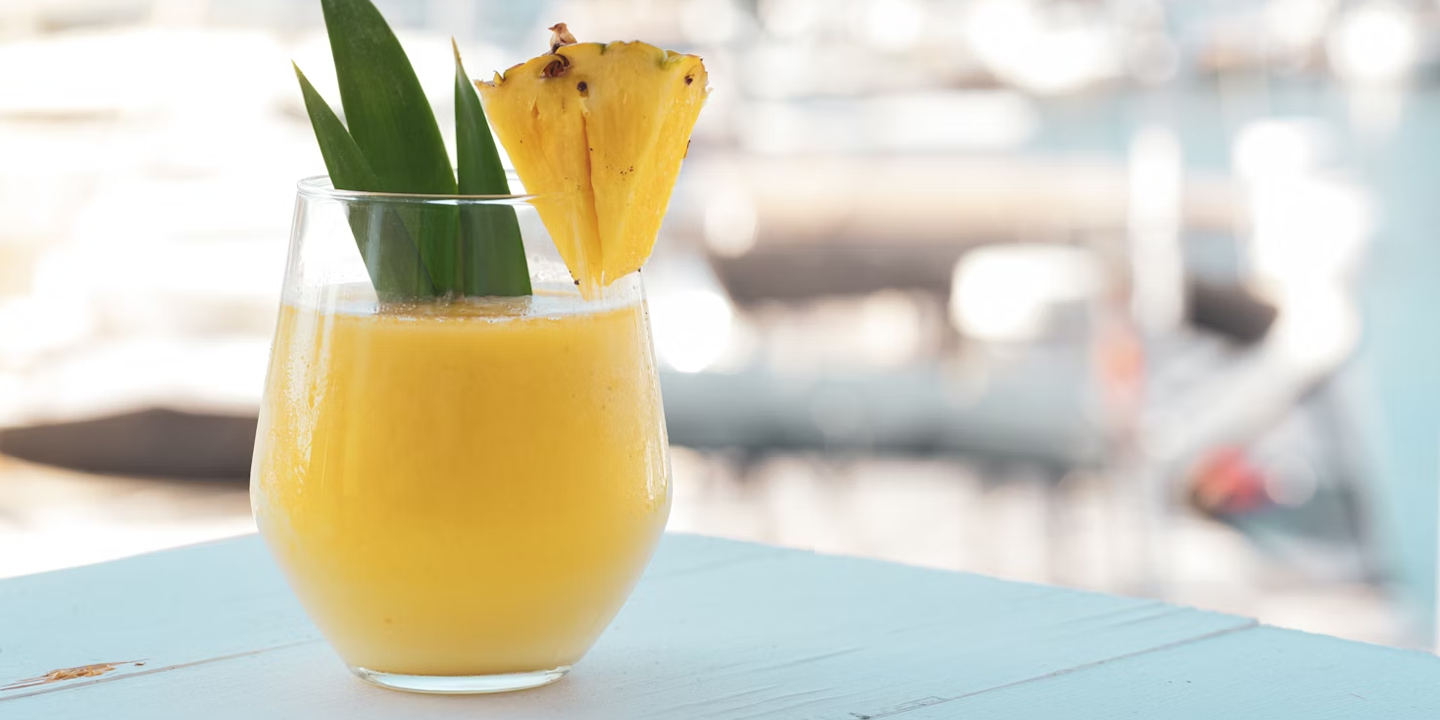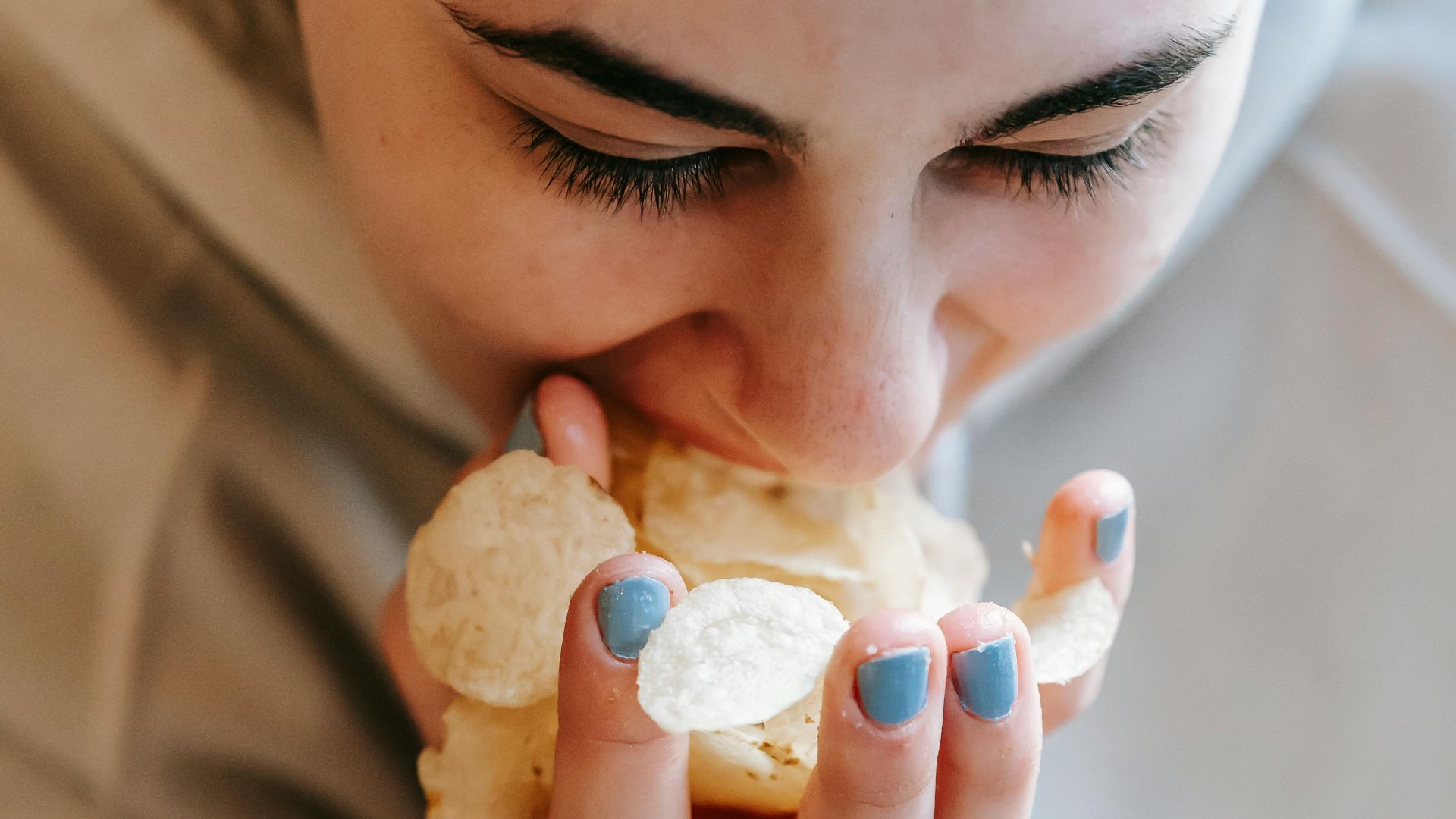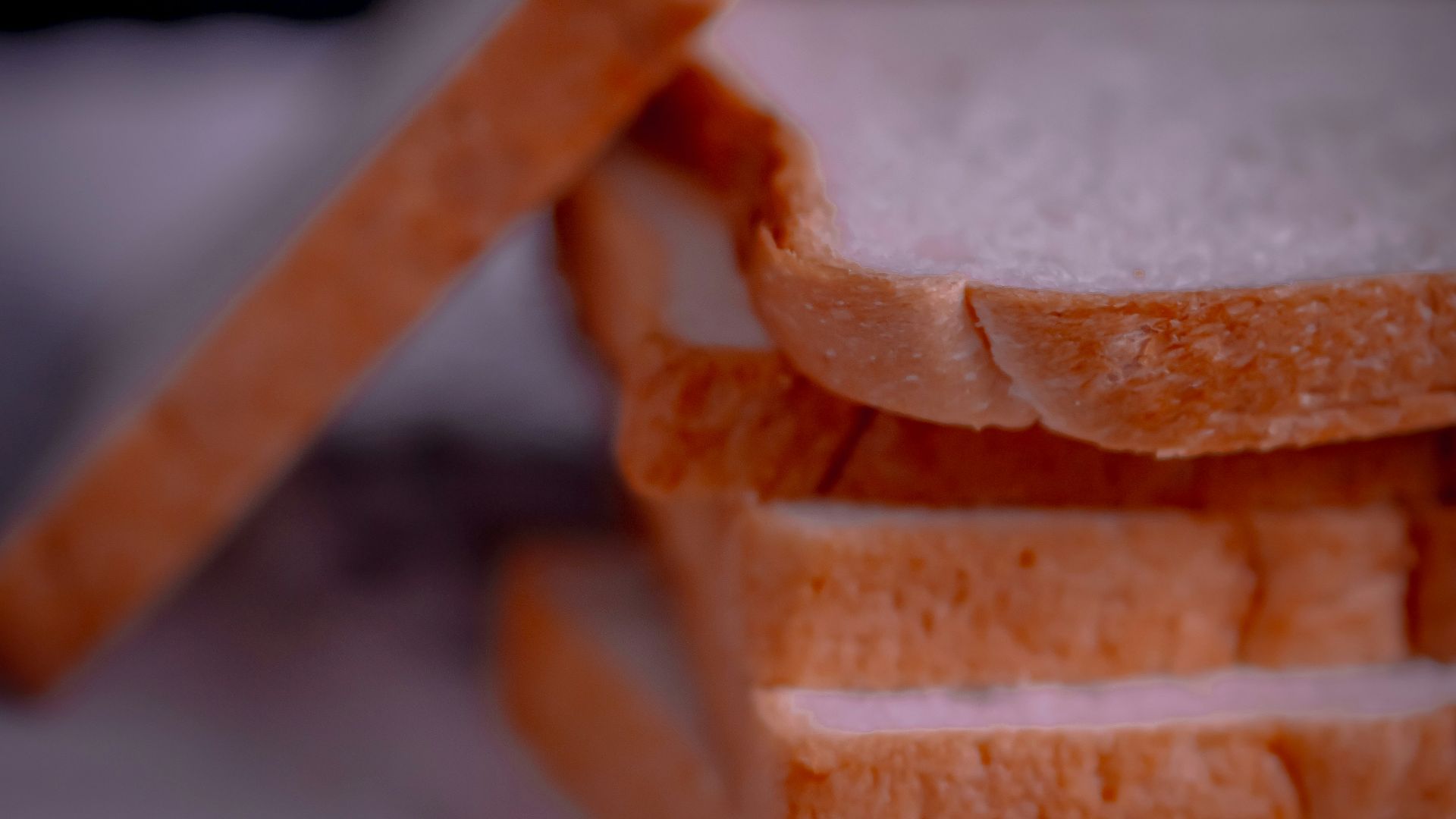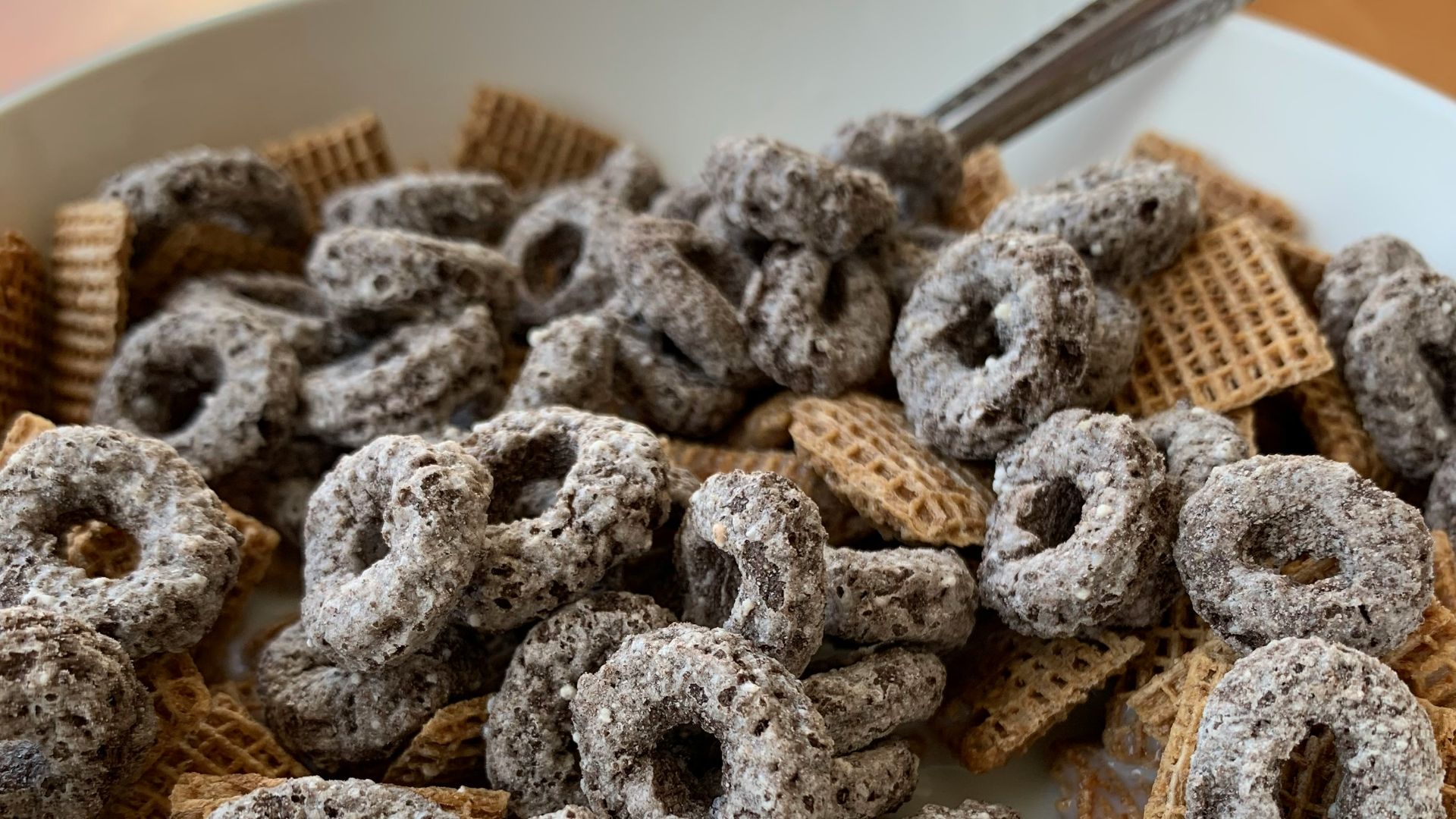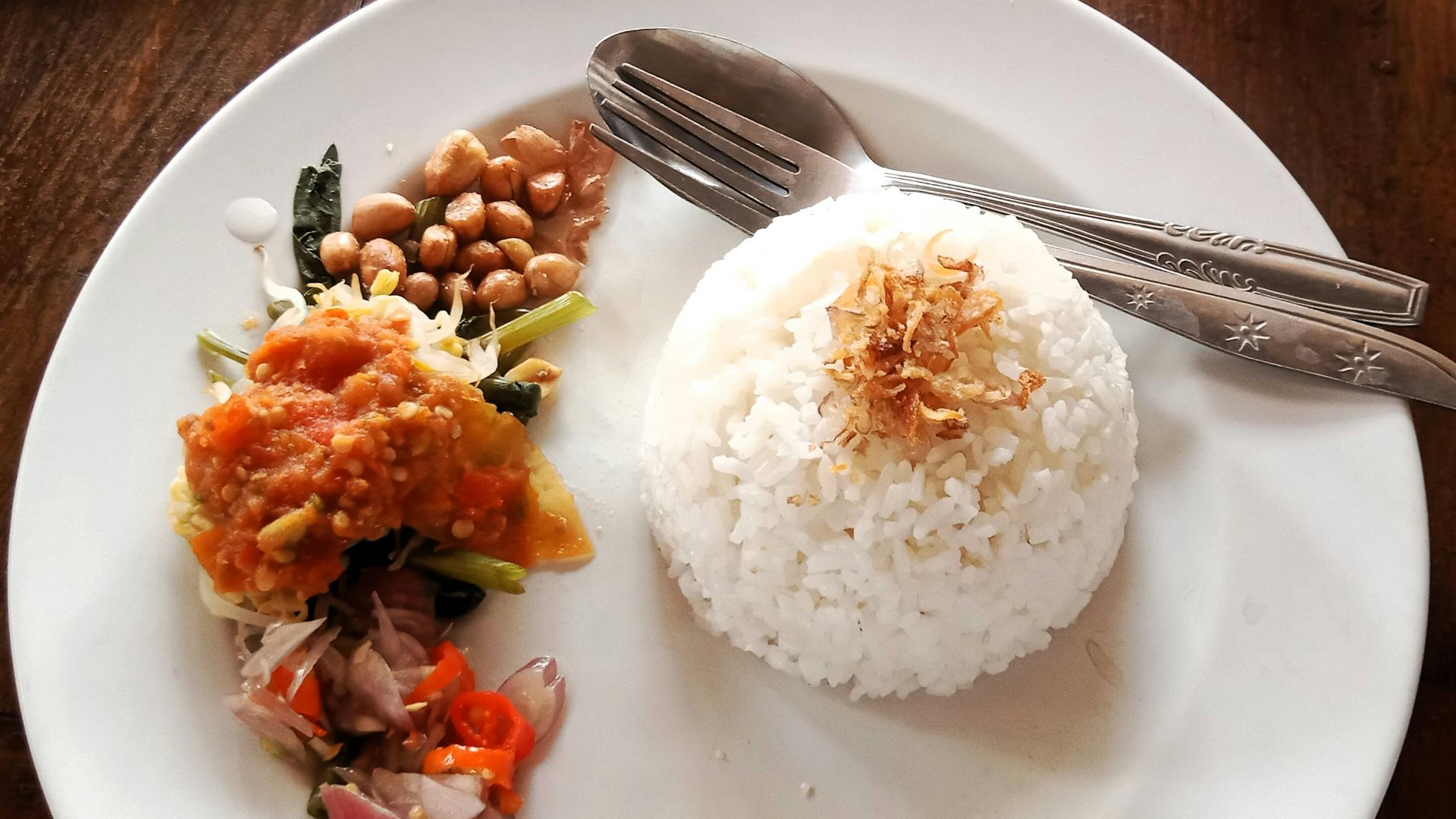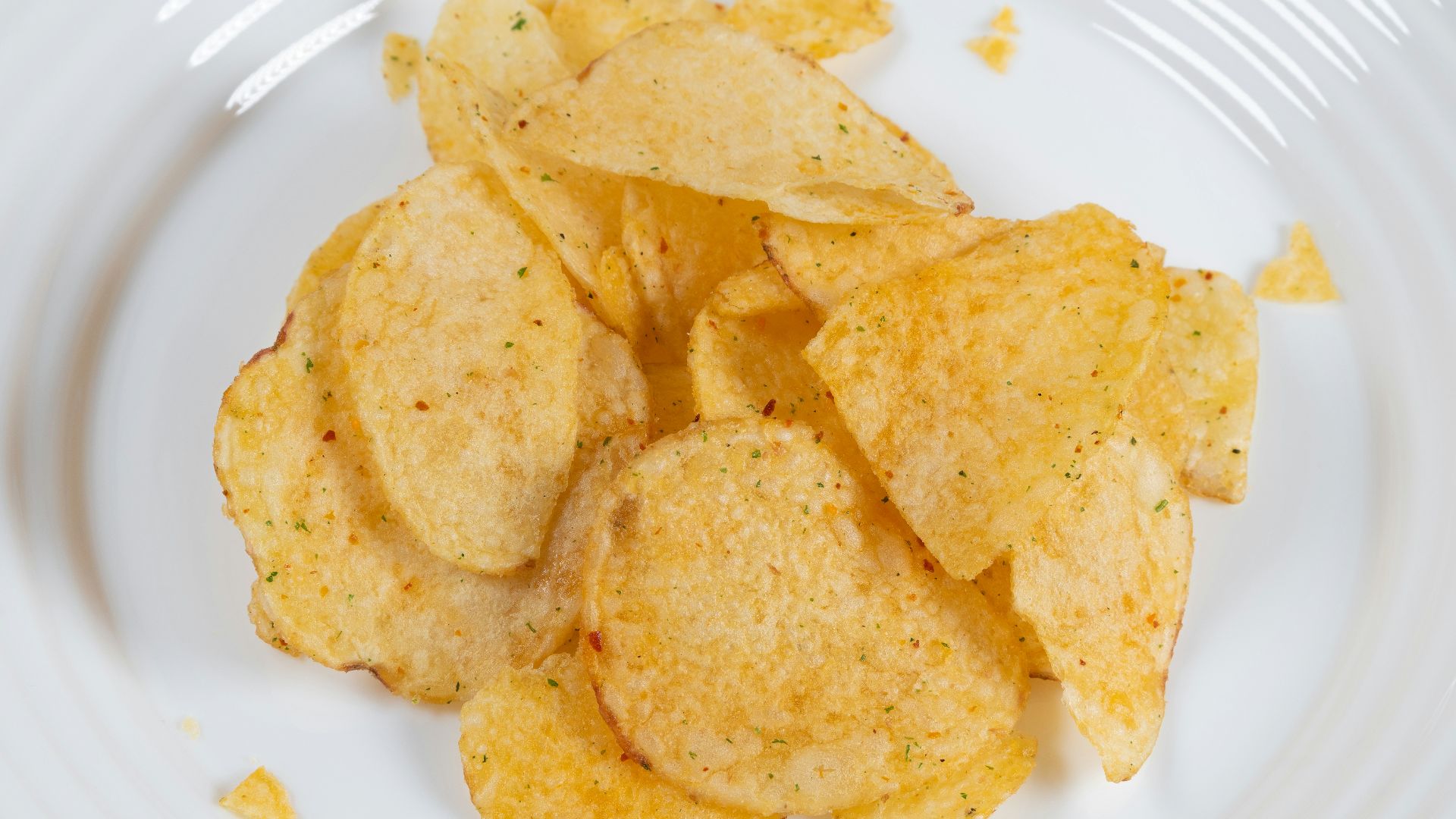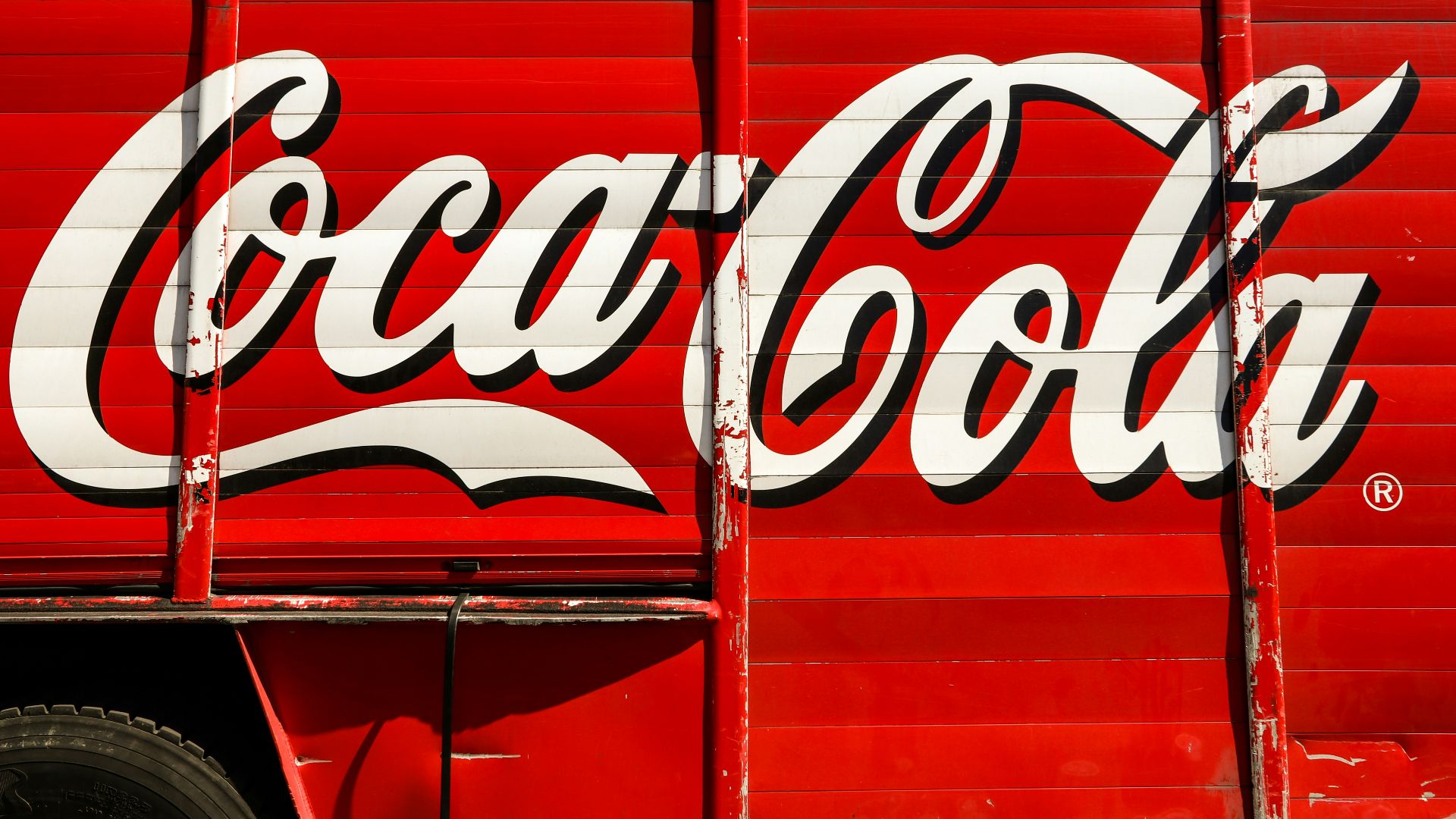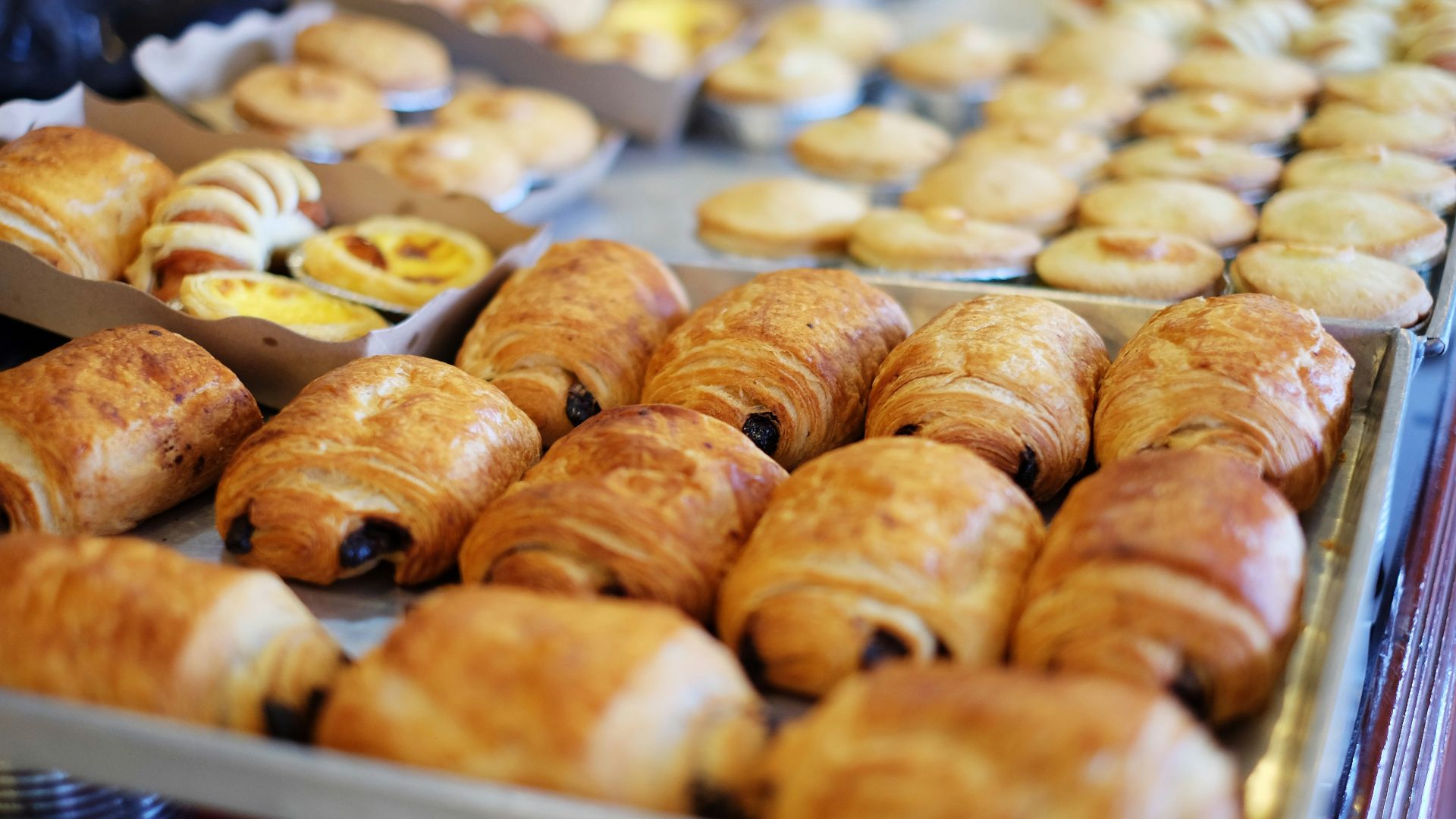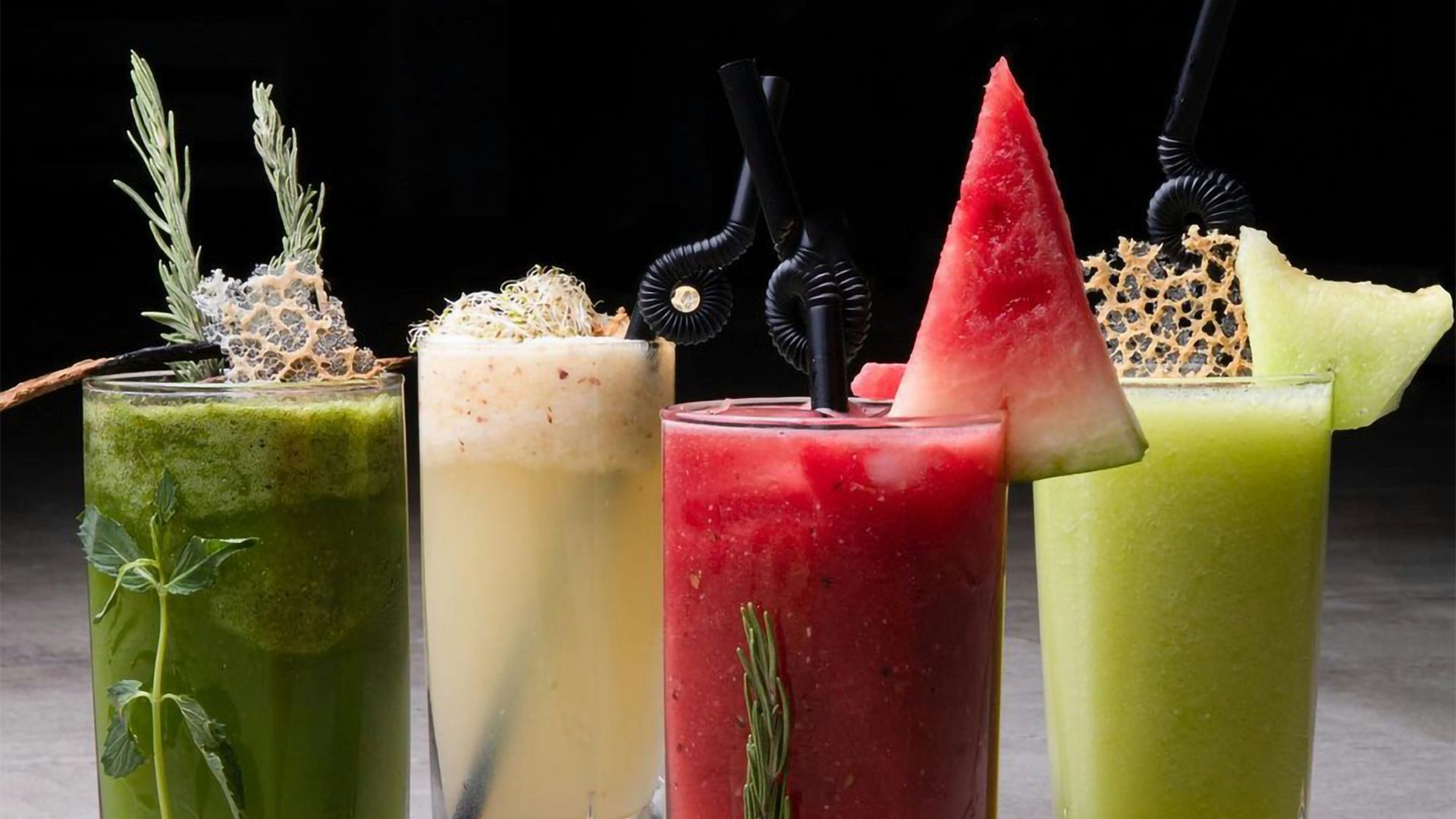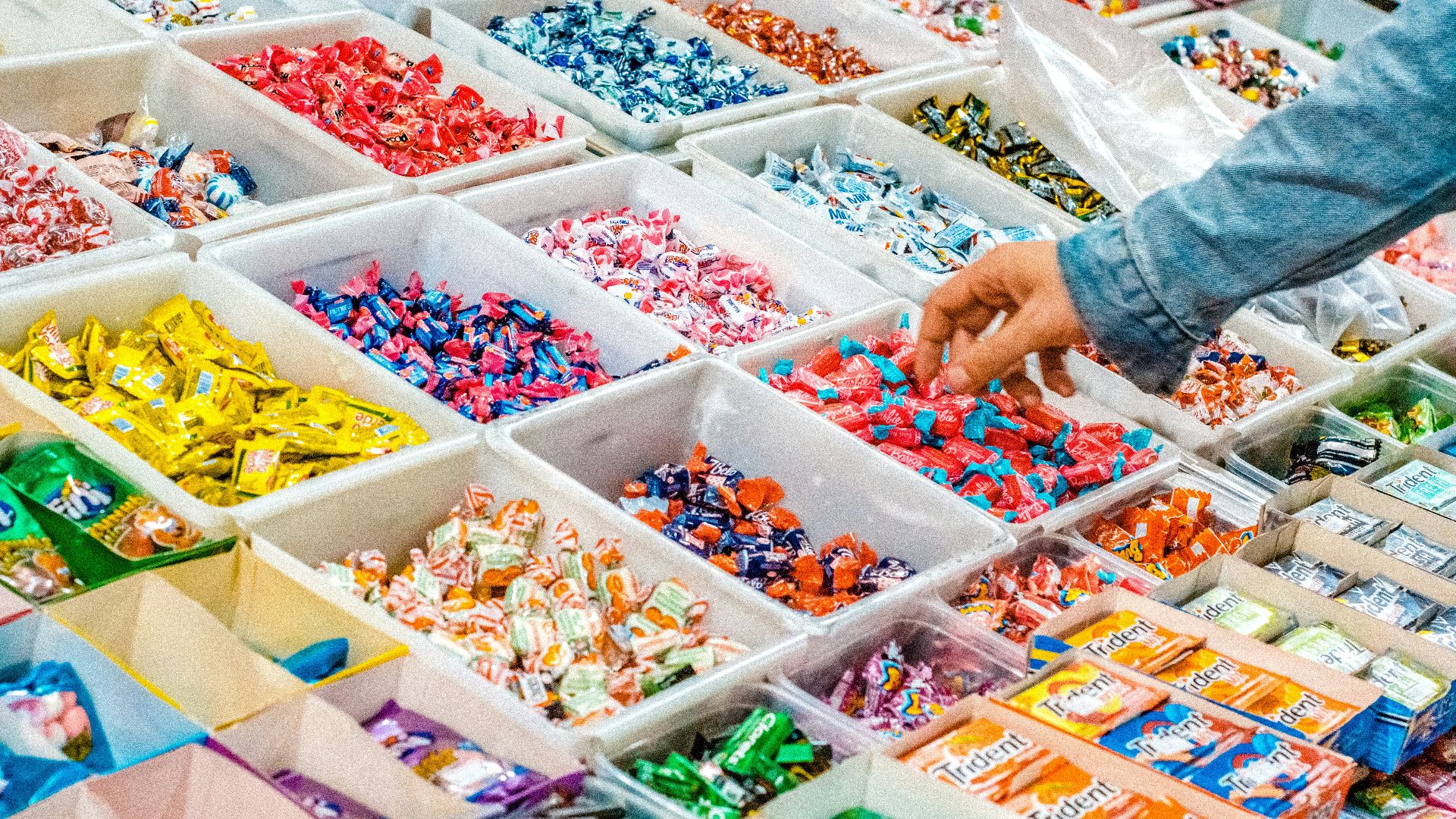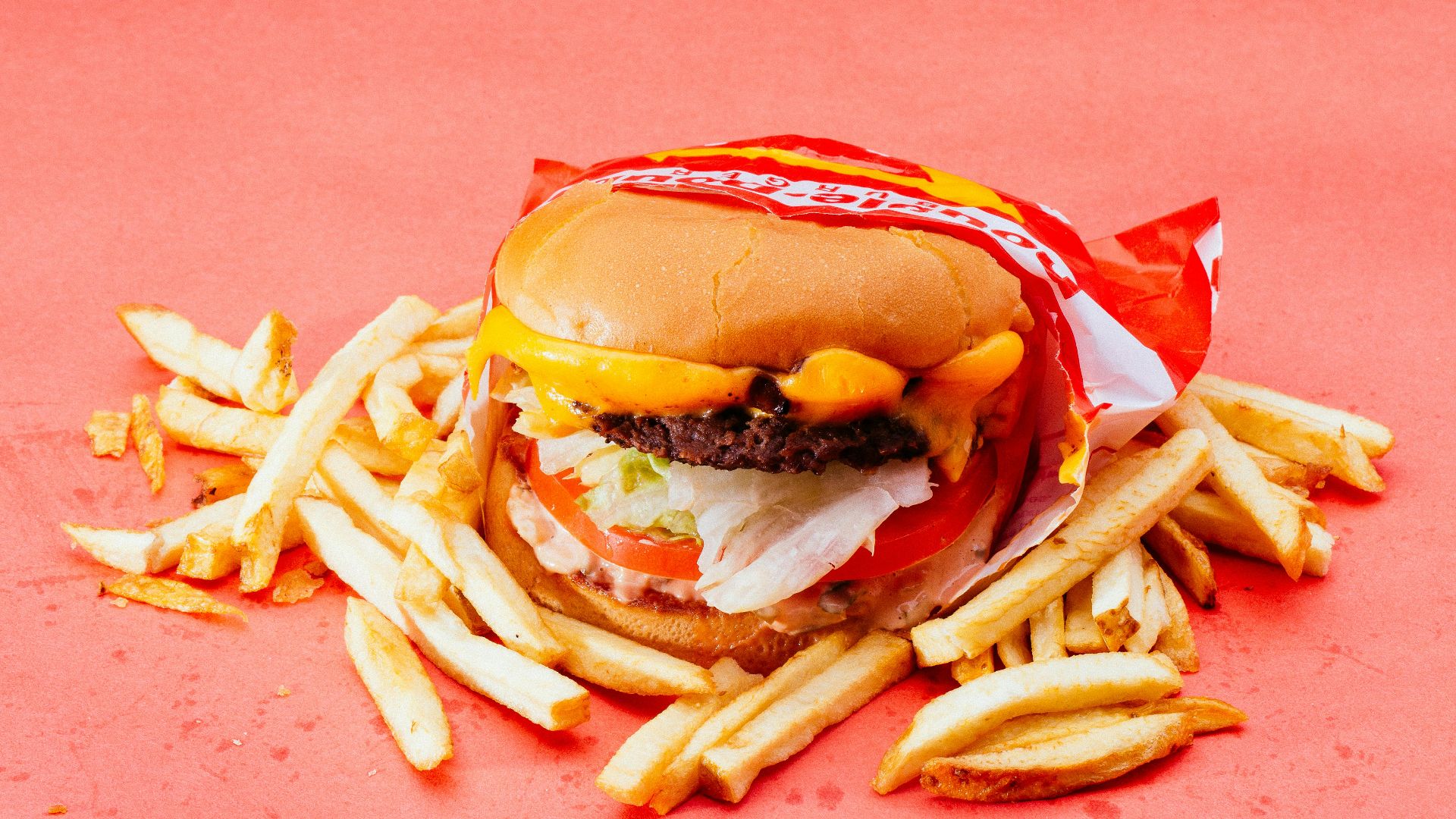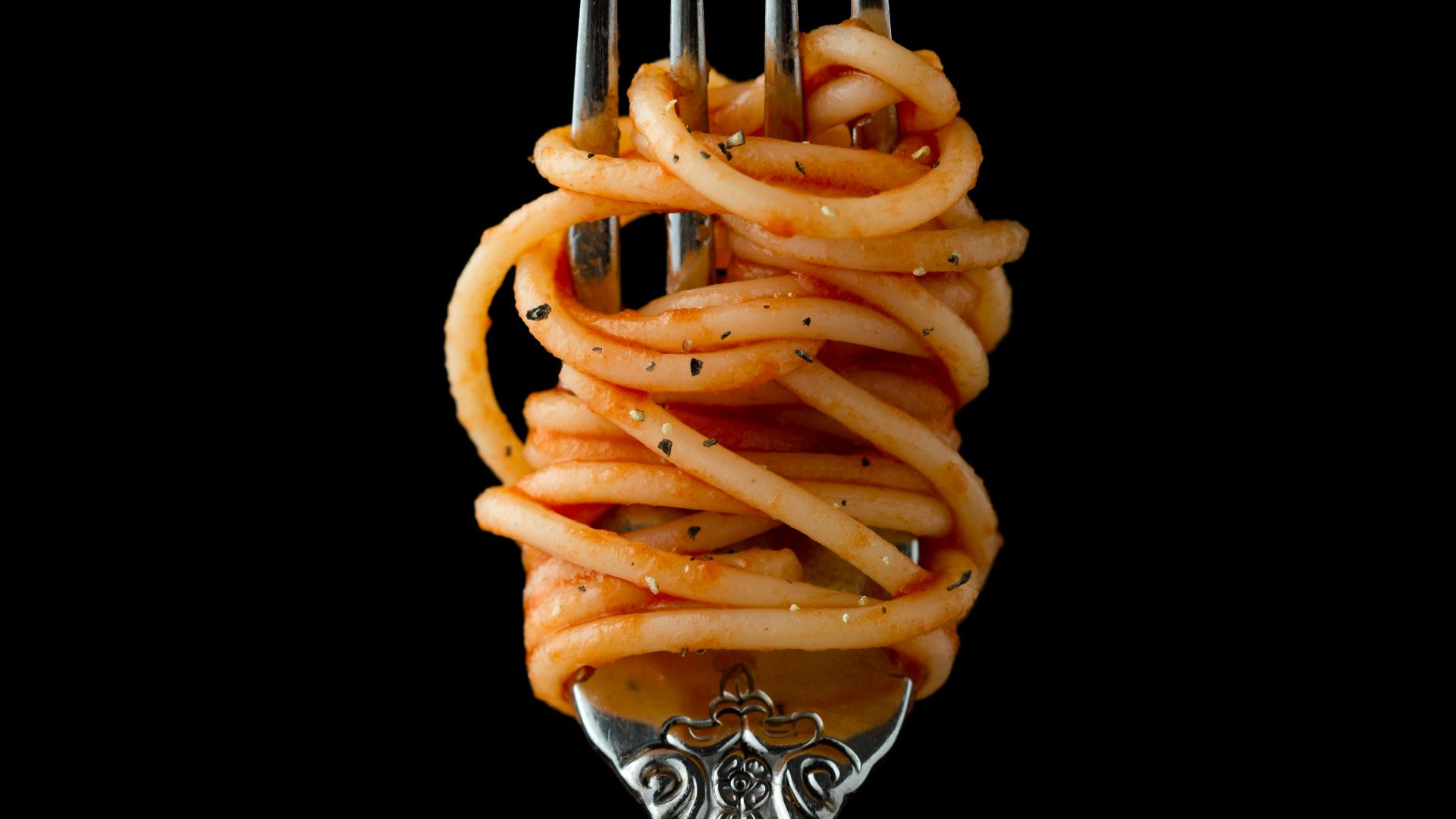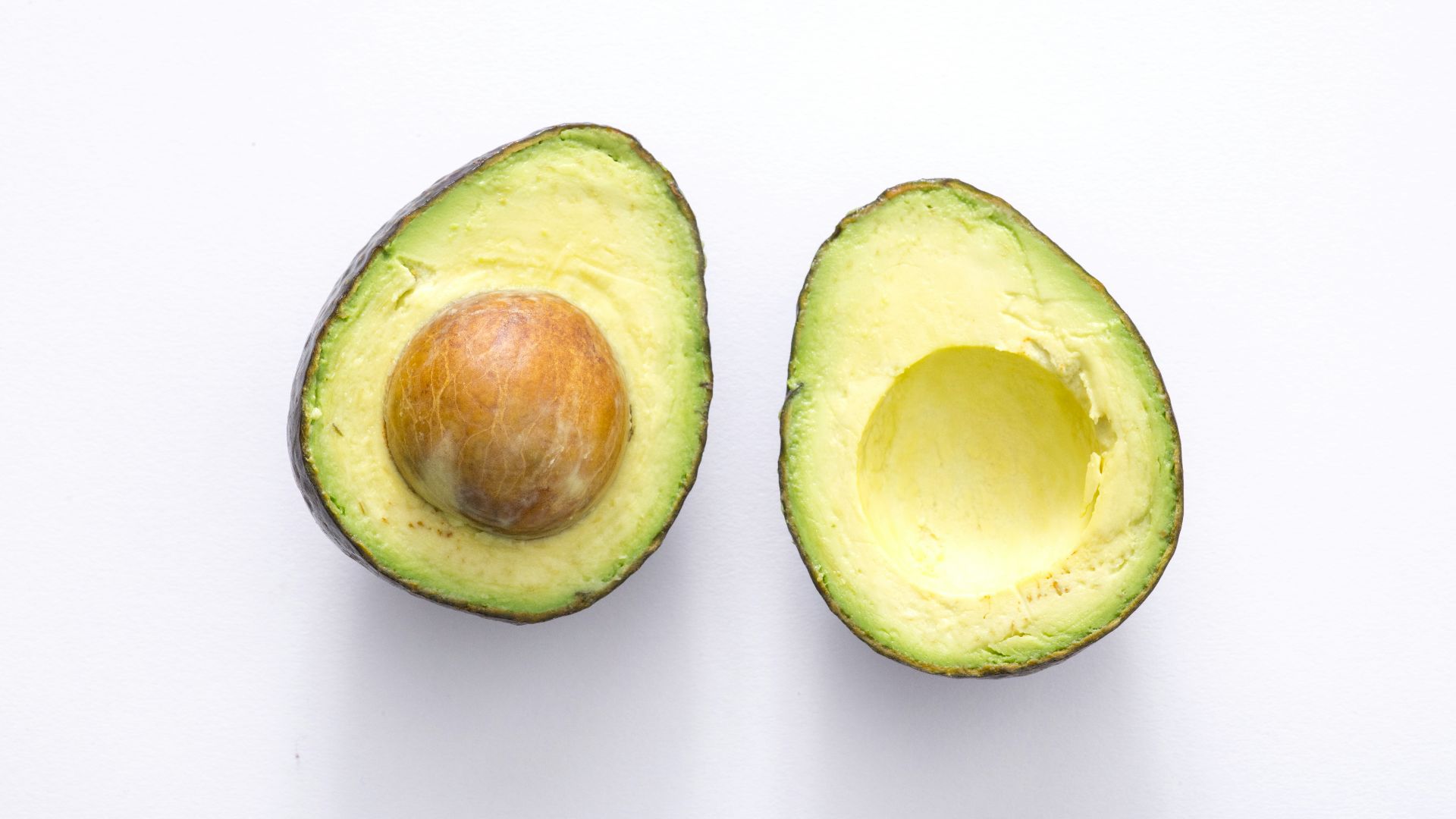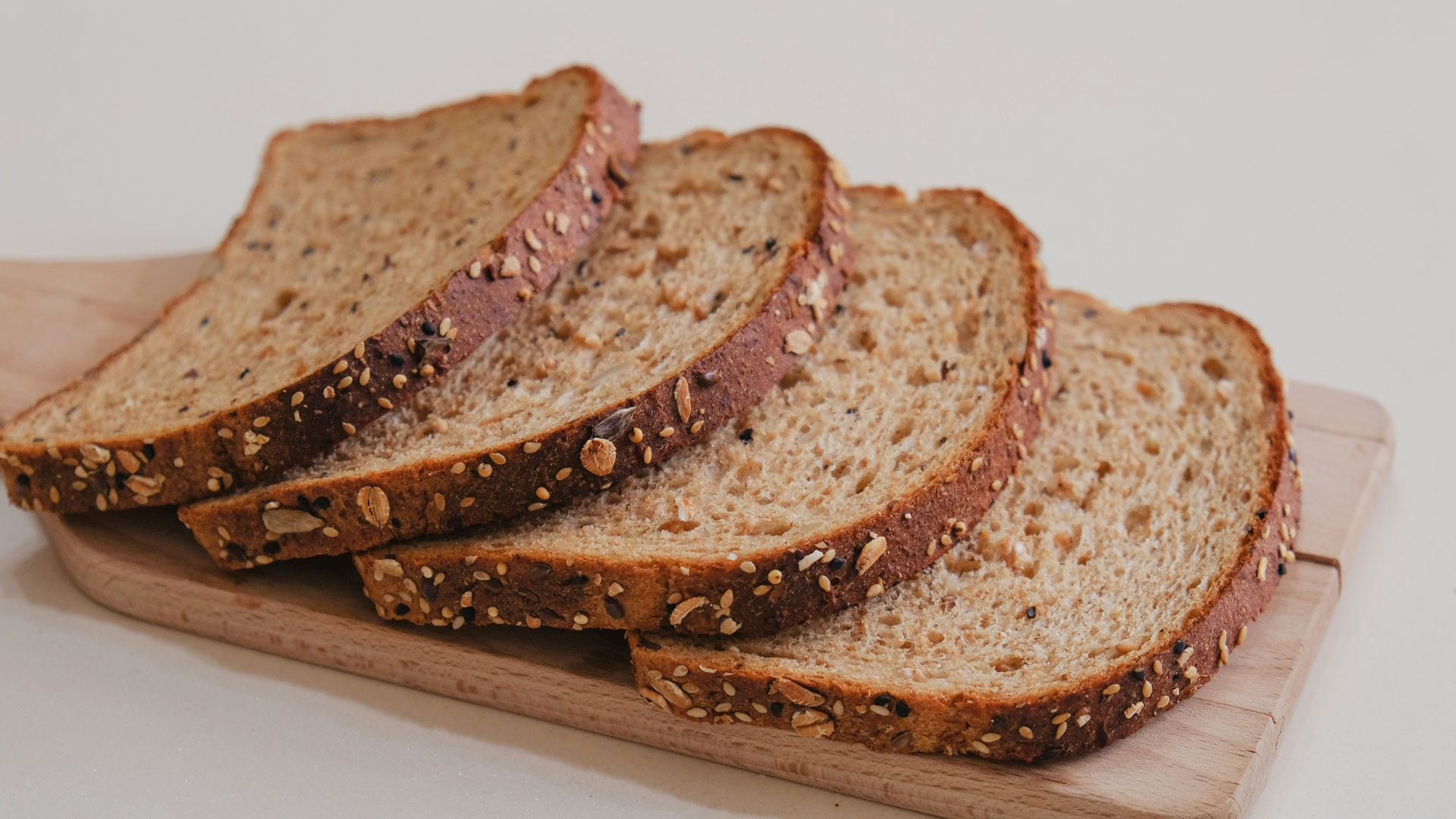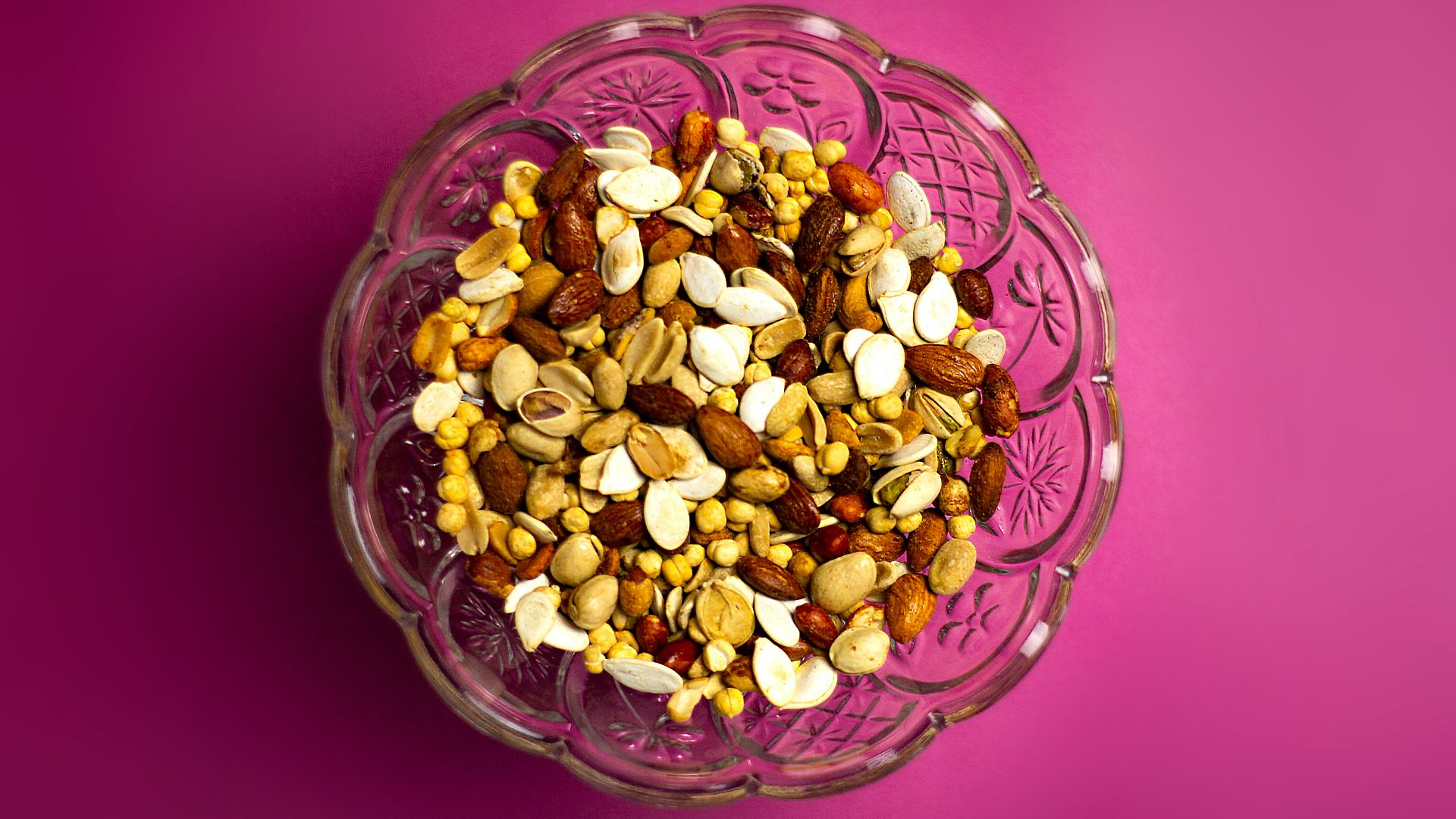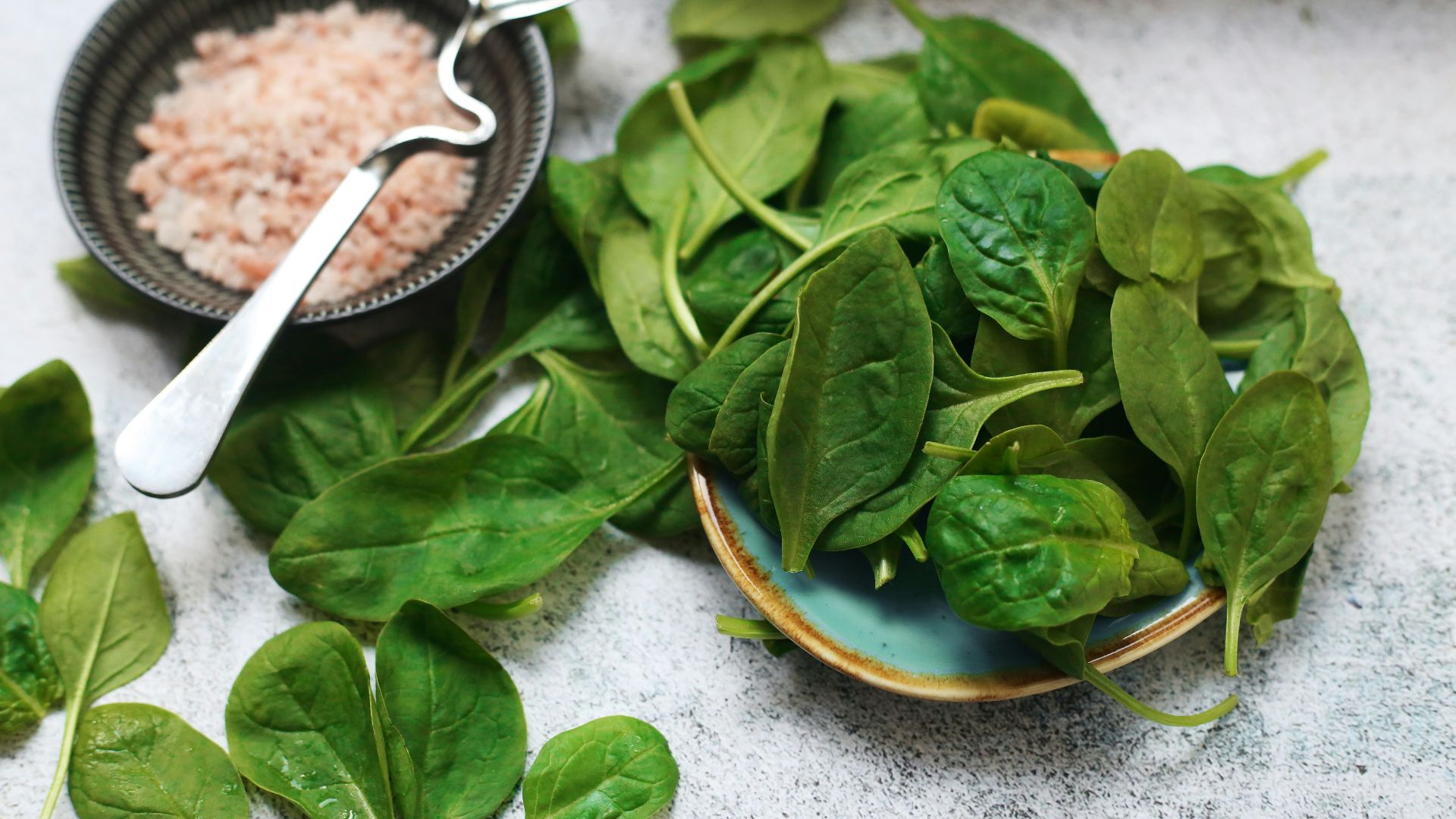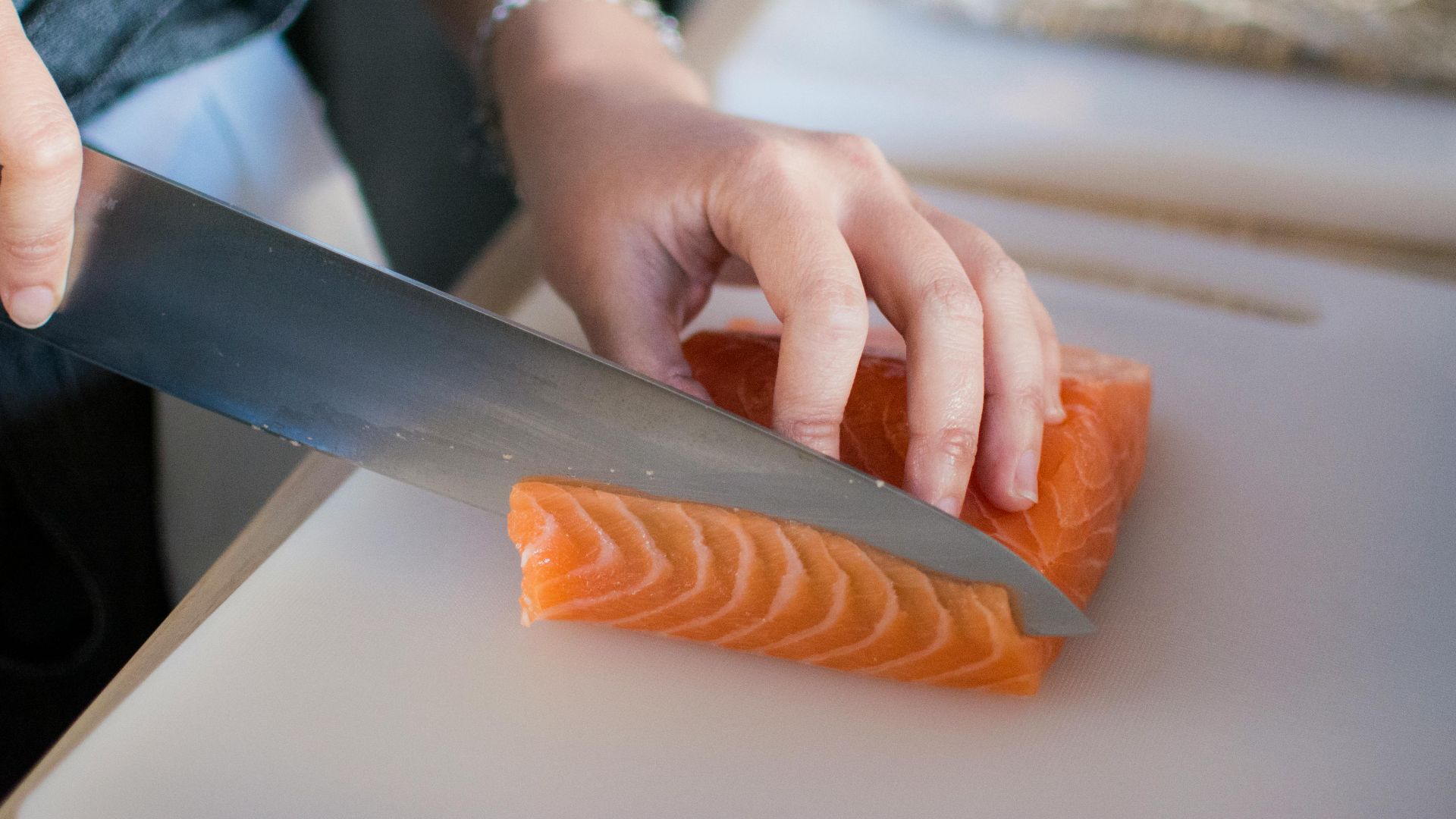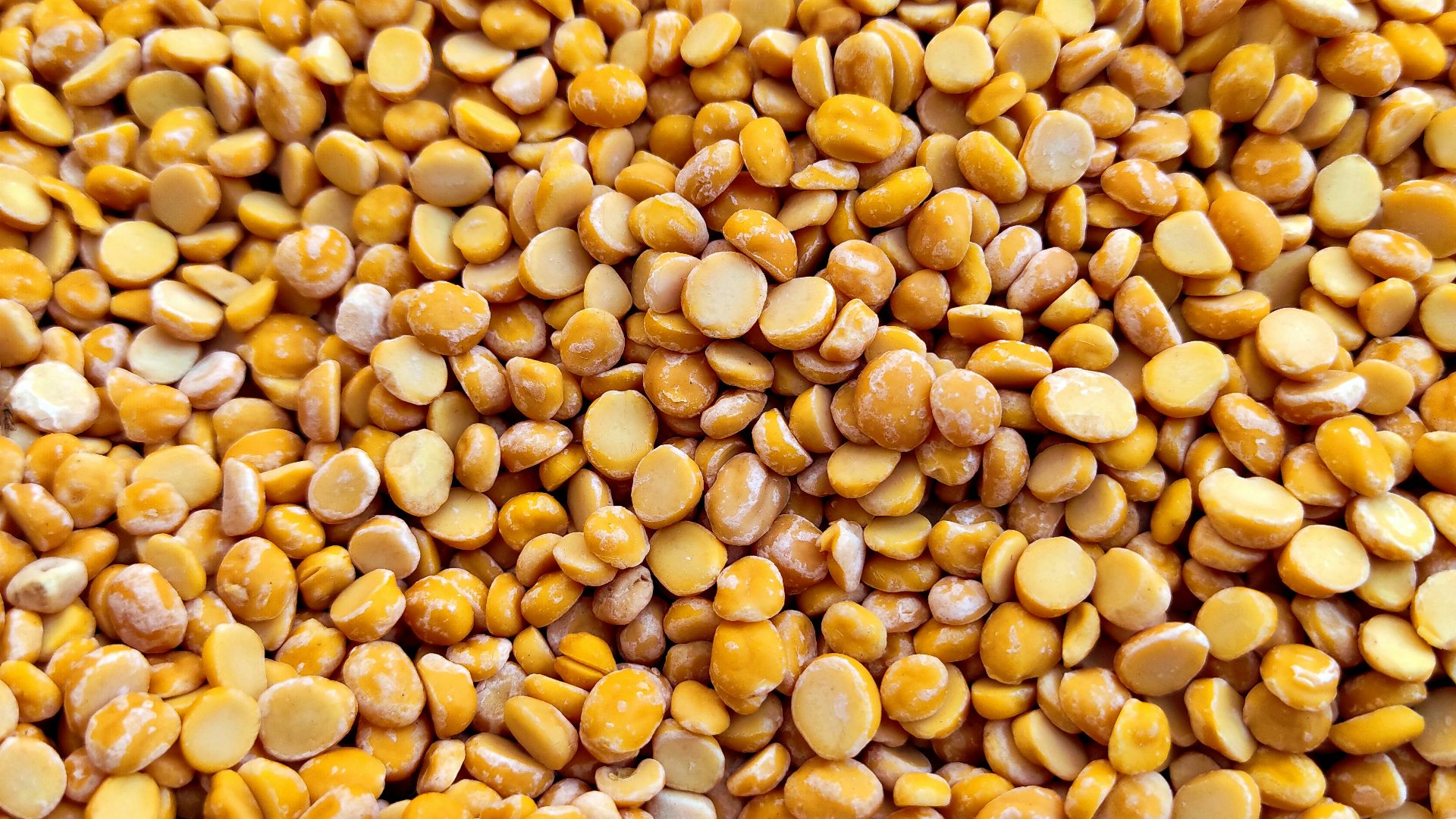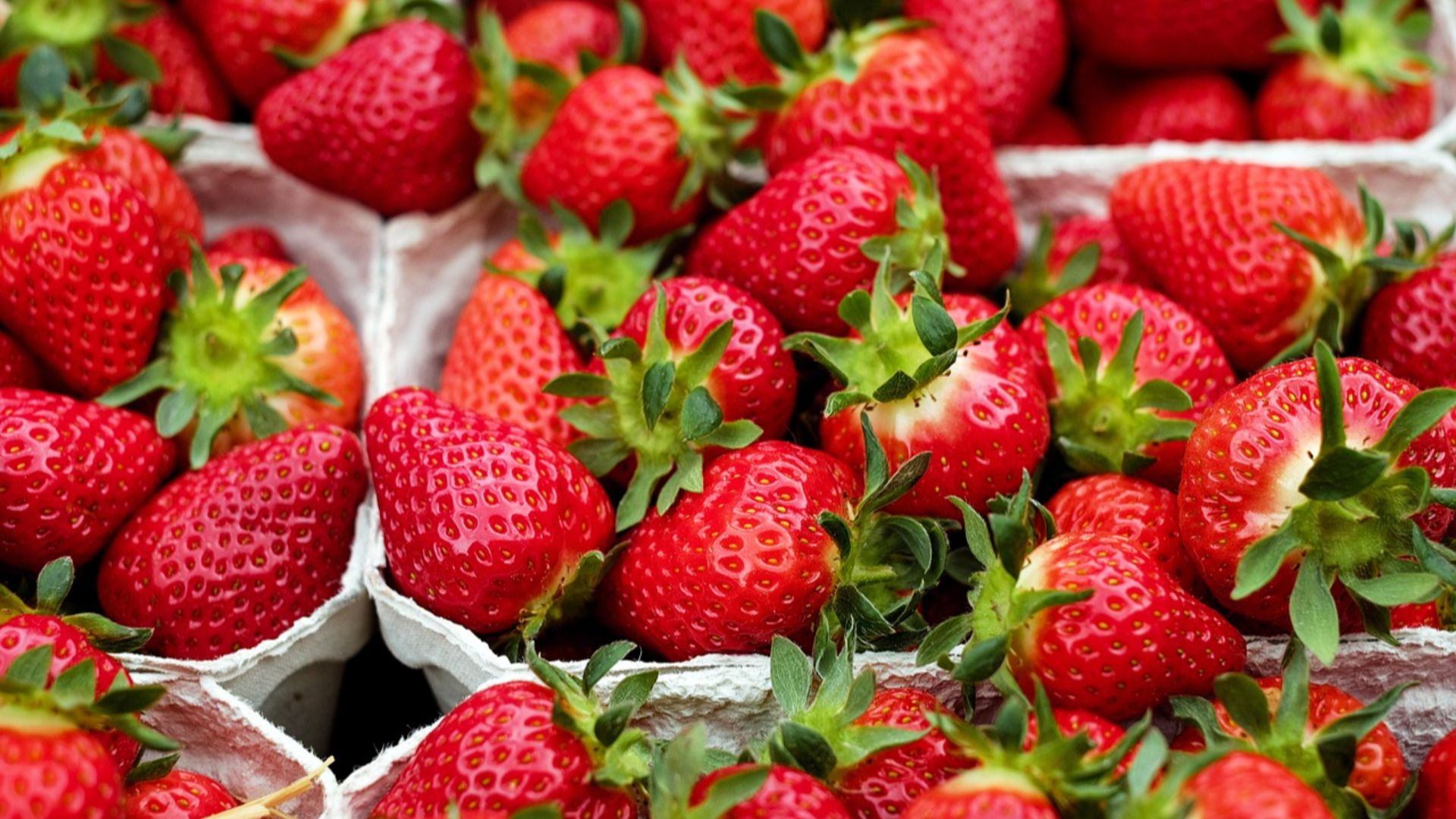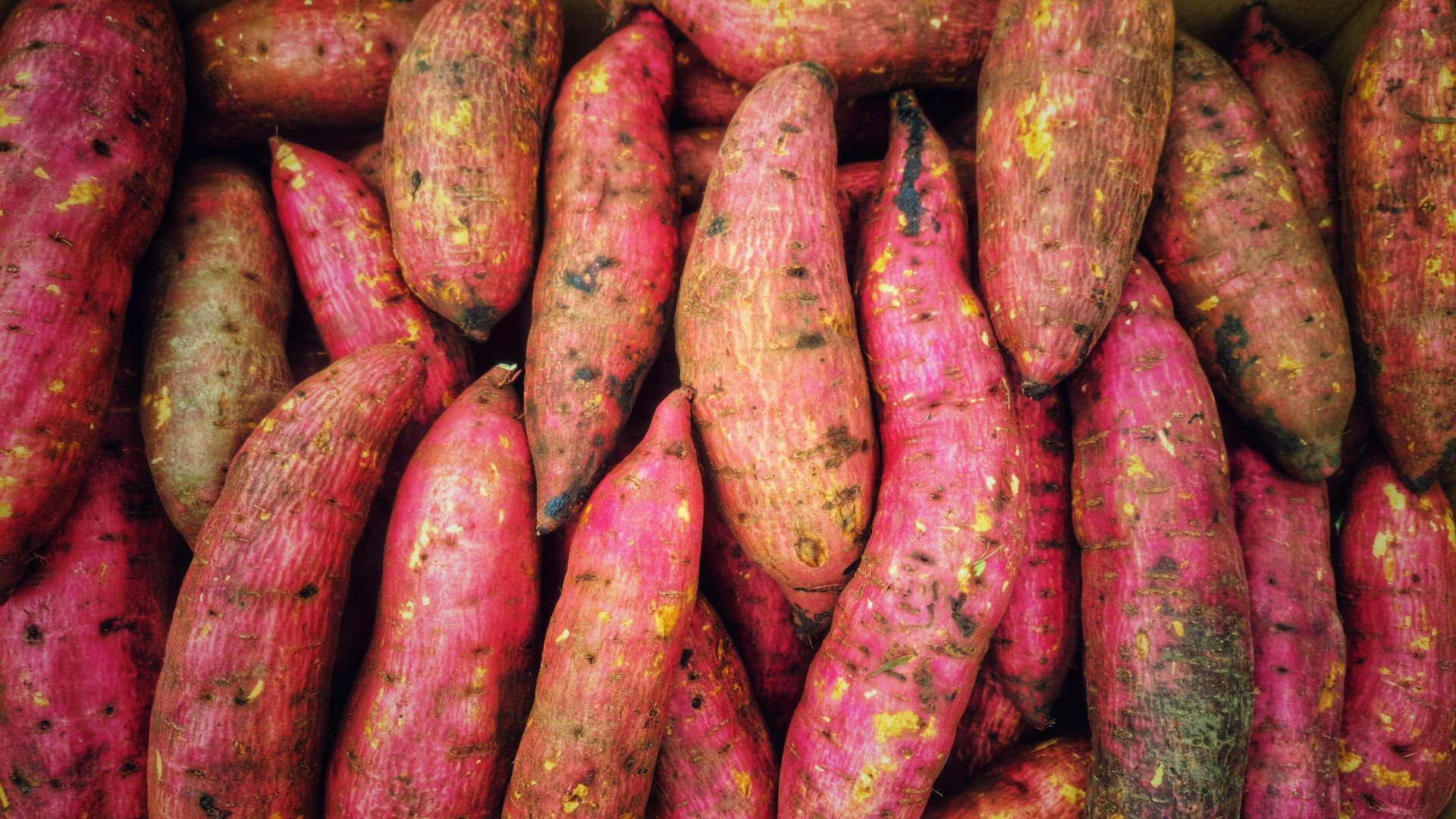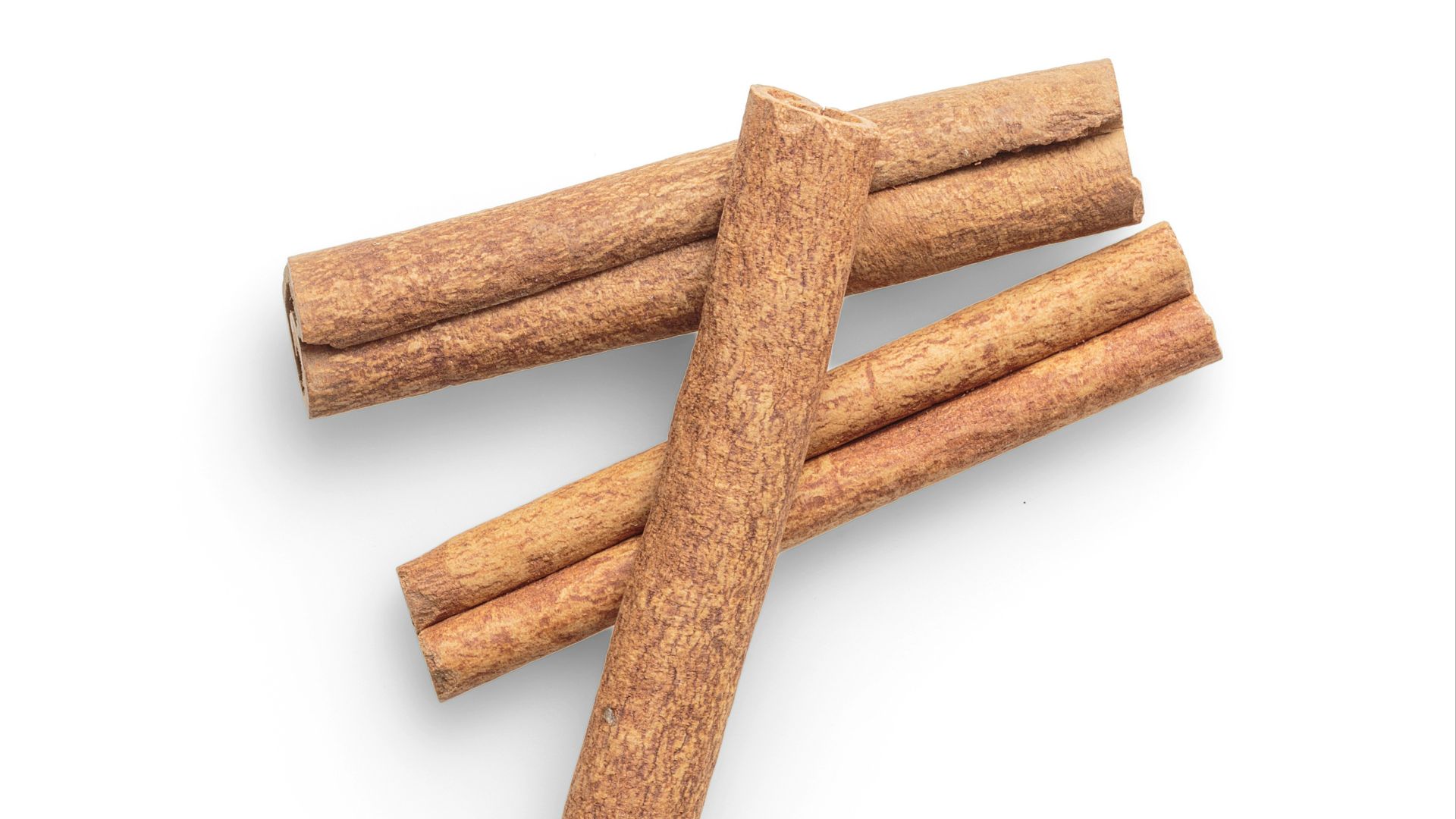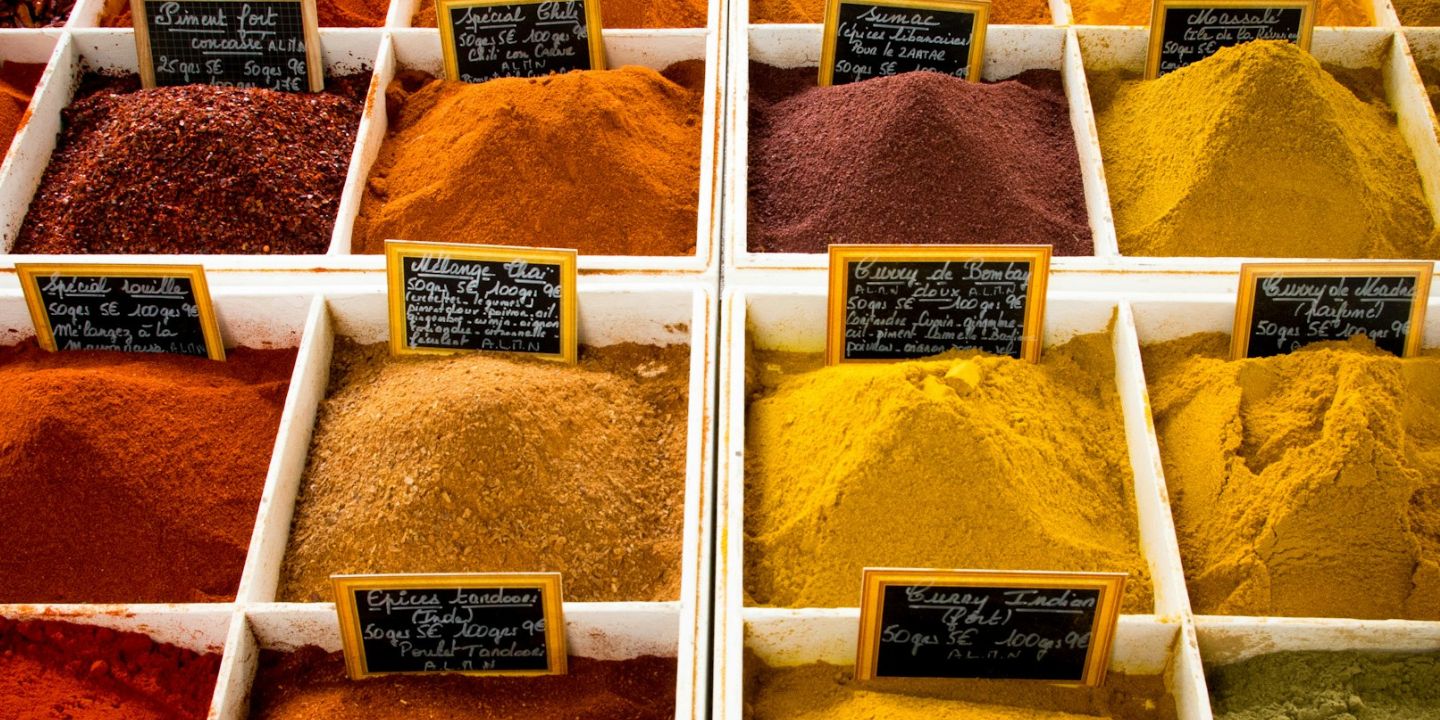These 10 Foods Will Spike Your Insulin But These 10 Will Keep it Under Control
These 10 Foods Will Spike Your Insulin But These 10 Will Keep it Under Control
Be Careful What You Eat
Not sure what insulin is or how it plays an important role in your body? This essential hormone is what helps glucose enter your cells, and when mistreated, can lead to issues like insulin resistance and type 2 diabetes. Now that we have your attention, what you put into your body can greatly impact insulin levels and lead to unhealthy spikes. If you want to keep things under control, here are 10 foods notorious for causing insulin to spike, and 10 that help maintain it.
1. White Bread
You likely eat white bread on a regular basis, not knowing that it's a food you should be consistently monitoring. After all, how could something so soft and fluffy be bad for you? Unfortunately, white bread is made from refined flour, which means it's been stripped of most of its fiber. And without this fiber, your body breaks this food down too quickly, which can lead to a sharp spike in blood sugar and insulin.
2. Sugary Cereals
Sugary cereals like Cinnamon Toast Crunch and Froot Loops might bring you a happy wave of nostalgia, but that doesn't mean they're good for your body. All it takes is one look at the nutritional label to see that these breakfast foods are heavily processed and packed with added sugars. It's simply a quick way to spike your insulin so early in the morning.
3. White Rice
White rice might be a popular staple in many dishes around the world, but it's sadly also a food that can raise your insulin levels. When you don't manage your intake, there's a chance you risk diabetes due to its starchy nature and moderately high glycemic index. Similar to white bread, this grain is a refined carb that's been removed of almost all its fiber.
4. Potato Chips
Potato chips are a tasty and satisfying snack to enjoy on various occasions, but that's exactly why it's so dangerous. Because they're high in simple carbohydrates and fats, when you consume too much, it can cause a rapid spike in your blood sugar and insulin. We know this snack is hard to stop once you get going, which is why it's important to practice discipline and consider other healthier foods.
5. Soft Drinks
It doesn't matter how much you're craving those fizzy bubbles, soft drinks of any kind are basically liquid sugar. Just drinking one can already significantly raises your blood sugar levels and triggers a big insulin response in your body. And with no nutritional value of service, you're better off opting for healthy drinks like water or unsweetened teas.
6. Pastries
Though these buttery and sweet goodies are incredibly delicious, pastries like croissants, donuts, and more all pose dangerous threats when it comes to diabetes risk. Many of these baked goods are made from a combination of refined flour and lots of sugar, making them easy criminals to point fingers at when your insulin spikes. It's all about moderation here - they should be eaten occasionally, not regularly.
7. Fruit Juices
Most people associate fruit juices with being healthy, but this isn't a safe assumption. You may be surprised to learn that fruit juices have the potential to significantly raise insulin levels. This is because these drinks lack fiber that come when you eat them whole, and when combined with their high sugar levels, they make unassuming threats to your blood sugar and insulin.
8. Candy
It's no surprise that candy is on this list, given that we all know it's sugar wrapped up in various forms and shapes. But just because the packaging is pretty doesn't make it safe for your body. When eaten carelessly, it can send your insulin levels flying. If you're someone who struggles with sweet cravings, try to find a healthier alternative that doesn't risk your well-being.
9. Fast Food
Everyone should already be aware that fast food isn't good for your body, but to what extent? Not only are these meals typically high in calories, but they're also made with plenty of bad fats and lots of sugar that trigger large insulin responses. If you want to avoid spikes, avoid ordering fast food too often.
10. Pasta
Just like white bread, pasta is a shocking insulin-raising culprit thanks to white varieties being made with refined flour. With most of its fiber count removed, it's a sign you should opt for whole grain pastas or alternatives like zoodles instead. Making this simple swap will do loads to improve your blood sugar and insulin levels.
1. Avocados
Often hailed as a media-trendy super food that tastes good, looks photo-worthy, and is healthy, avocados are back again to wow you with another benefit. Packed with plenty of healthy fats that help slow down digestion so your blood glucose won't spike, these fruits are great at stabilizing insulin levels. So go on, mash them up on toast or enjoy them in a salad.
2. Whole Grains
If refined flour is bad for you, switch to whole grain options like quinoa, barley, and oats that are all rich in fiber. Fiber plays a very crucial role in maintaining blood sugar levels because they digest slowly and provide steady streams of energy. This way, it prevents rapid spikes that your body will thank you for.
3. Nuts and Seeds
Not just a great snack alternative, nuts and seeds provide excellent sources of healthy fats, protein, and fiber. All these work together to maintain good insulin levels, meaning they're great additions to consider for your diet. Almonds, walnuts, chia seeds, flaxseeds, whatever you like!
4. Leafy Greens
If it's green and leafy, it's probably good for you! Just take spinach, kale, and Swiss chard for example: they're low in calories and carbs, but high in fiber and essential nutrients that help you maintain stable insulin levels and won't dangerously impact your blood glucose. They're easy to add to your regular diet too; toss them in smoothies, salads, or stir-fries for hassle-free health benefits.
5. Fatty Fish
You might hear the word "fatty" and immediately assume it's bad for your health, but in the case of fatty fish, it's the complete opposite. From salmon to mackerel and sardines, these fish are rich in omega-3 fatty acids which have a plethora of health benefits. These are known for their amazing anti-inflammatory properties in addition to being great regulators of blood sugar and insulin levels.
6. Legumes
Beans, lentils, and chickpeas are all fantastic plant-based sources for protein and fiber. Because they digest slowly in your body, they prevent spiking in your blood sugar and insulin levels. Just toss them into your favorite soup, salad, or chili recipes for a nice added health touch your body won't complain about.
7. Berries
Berries are frequently cited for being amazing fruits with plenty of great benefits. From strawberries to blueberries and cranberries, they're all packed with antioxidants, vitamins, and most importantly, fiber, which helps control insulin. They also double as satisfying sweet treats when picked in season and enjoyed for dessert.
8. Greek Yogurt
Rich in protein and probiotics, Greek yogurt is great at helping you slow down digestion, which reduces risks of blood sugar spikes and can improve insulin sensitivity. Make sure you always avoid those with lots of added sugar, and instead throw in your own healthy toppings like berries or nuts and seeds.
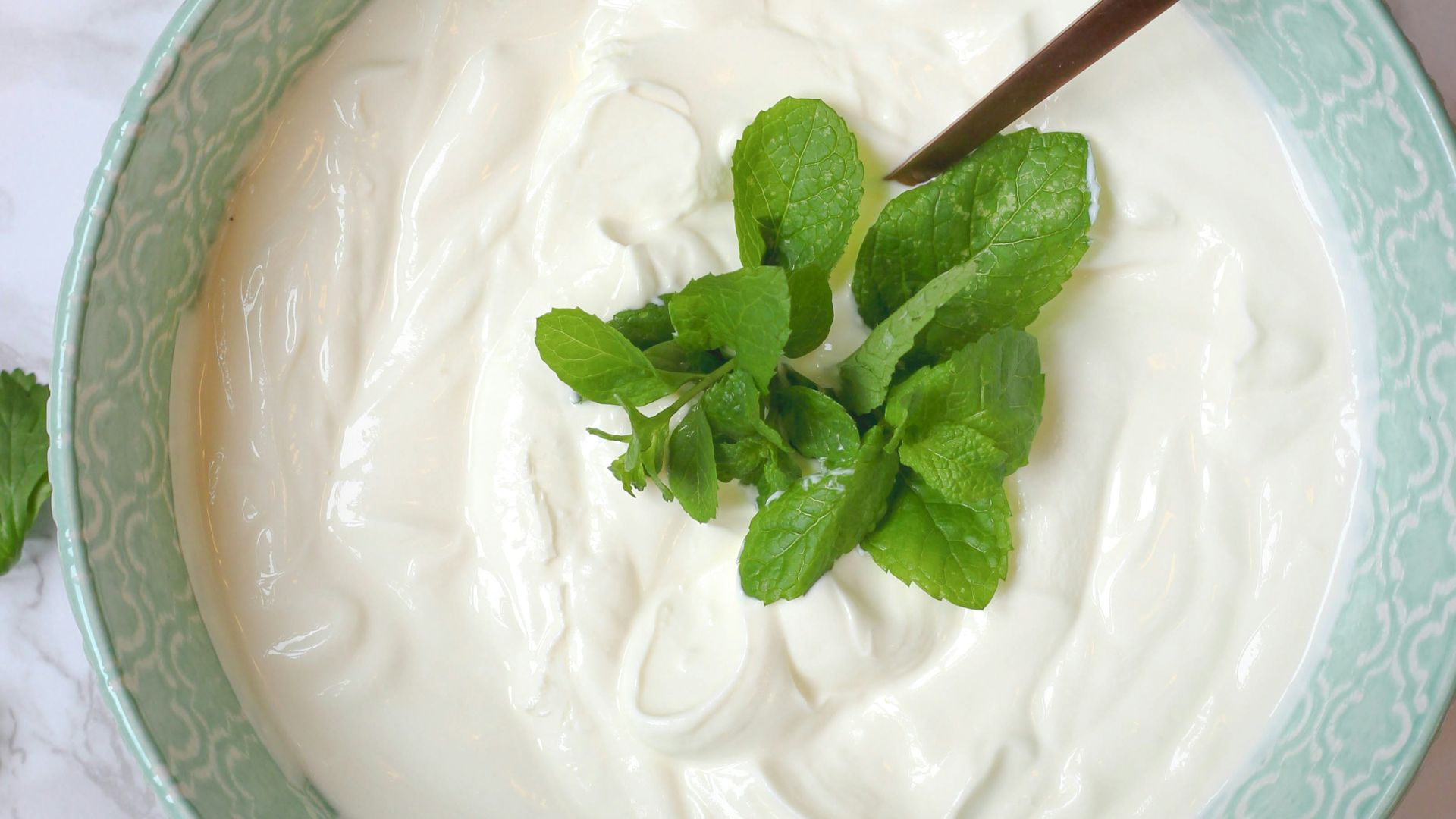 micheile henderson on Unsplash
micheile henderson on Unsplash
9. Sweet Potatoes
A healthier alternative to the beloved regular potato, sweet potatoes have a lower glycemic index (depending on how they're prepared) and have more fiber. When eaten in moderation and cooked in healthy ways, these have been studied to potentially improve insulin sensitivity.
10. Cinnamon
Many studies have been done to suggest that cinnamon can be a great player in helping those maintain their blood sugar levels and improve insulin sensitivity. By sprinkling some into your oatmeal, coffee, or yogurt, this small addition can have great impact for your insulin control.
KEEP ON READING

No Oven No Problem: 20 Impressive No-Bake Desserts
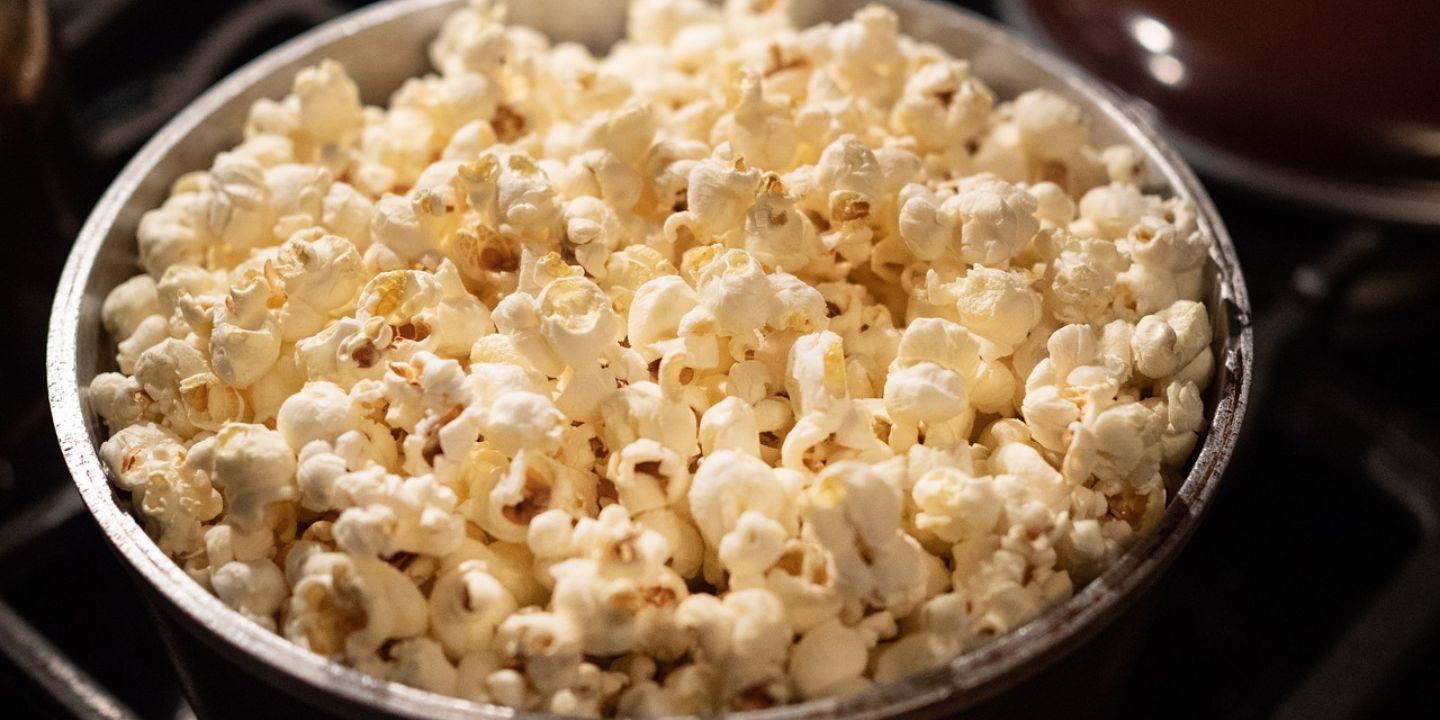
20 Foods With Shocking Origins You'd Never Believe
